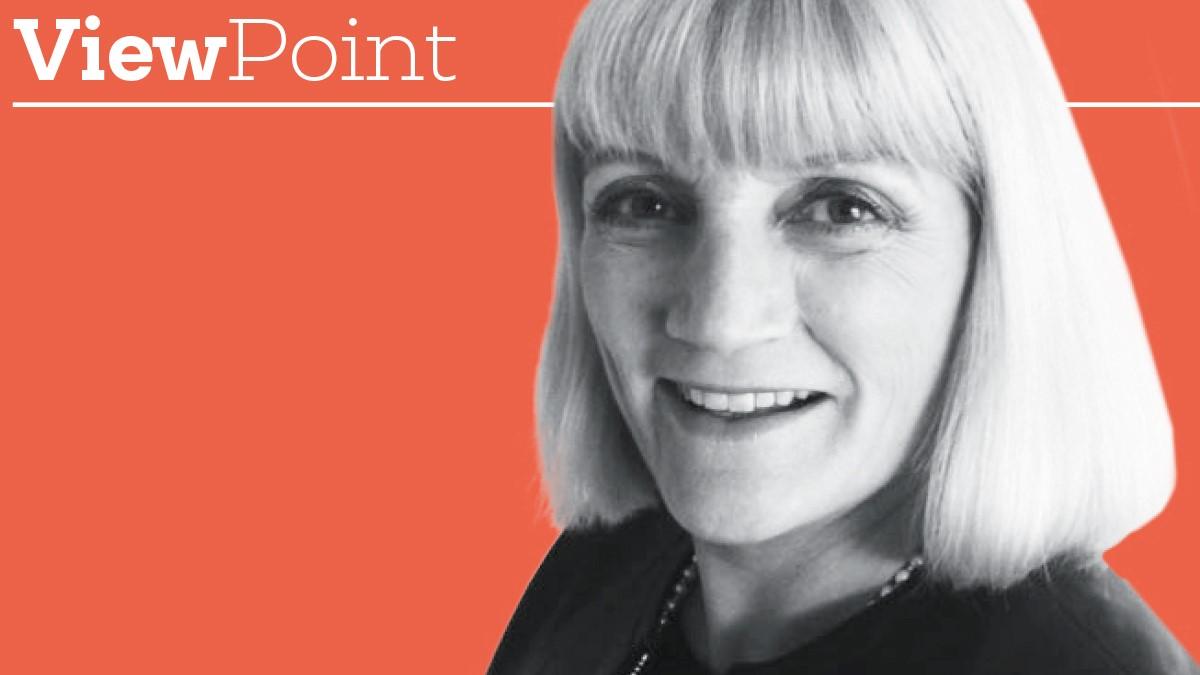Is collecting outcome data in private practice important? Karen Lay believes it is

Working in a private musculoskeletal practice as I do, my patients come from various sources and our data shows that 76.9 per cent self-refer and 72.8 per cent are self-funding, or uninsured.
Word-of-mouth referrals from satisfied patients are therefore vital. So does it follow that patients will recommend me as much as they can? It must mean I’m doing a good job, mustn’t it? If so, why do I need to collect patient outcome data as well?
The answers to these questions are usually not very evidence-based, so do I need something better to clarify how I’m performing as a clinical practitioner? Of course, I am required to do this anyway as a registrant of HCPC. But an additional business driver certainly helps in private practice.
As a member of Physio First, the professional network representing physiotherapists in private practice, I’m participating in their Data for Impact scheme, a collaboration with the University of Brighton that allows me to input data about my patients, such as waiting time, diagnosis, difference in FPS (functional, physical and subjective) scores, and goal achievement. This means that in my individual three times a year reports that I get free from the university I see documented different modalities of treatment that I have used along the way, and on discharge the average number of sessions taken, and the outcome of my referrals.
Because the data is independently analysed by Physio First’s research team at Brighton, my three reports – only delivered once I have accrued a minimum of 50 patient data sets – let me benchmark my service against the national averages of Physio First members. If others in my practice are also participating, we get to share the differences between us, which satisfies our continuing professional development requirements and enables us to learn from each other.
To become a Quality Assured Practitioner (QAP), my patient data is measured against five quality metrics within Physio First’s standardised data collection tool, and I must achieve above a set baseline on three out of these five.
Physio First have expanded their quality scheme to include Quality Assured Clinics, awarded where all MSK practitioners within a clinic are collecting data. Bupa, the largest medical insurer in the UK, acknowledged this scheme in their re-contracting round with physio providers.
Achieving the Physio First quality kitemark tells my patients that I’m prepared to subject my patient outcome data to analyses, that it passes muster and so they (and I) can see evidence that they can trust in the service they are receiving. So, is collecting data important? You bet it is. Physio First have expanded their quality scheme to include Quality Assured Clinics, awarded where all MSK practitioners within a clinic are collecting data. Bupa, the largest medical insurer in the UK, acknowledged this scheme in their re-contracting round with physio providers.
You can find out more about Physio First’s quality schemes on their website.
- Karen Lay is a private practitioner and chair of Physio First
Number of subscribers: 1




































